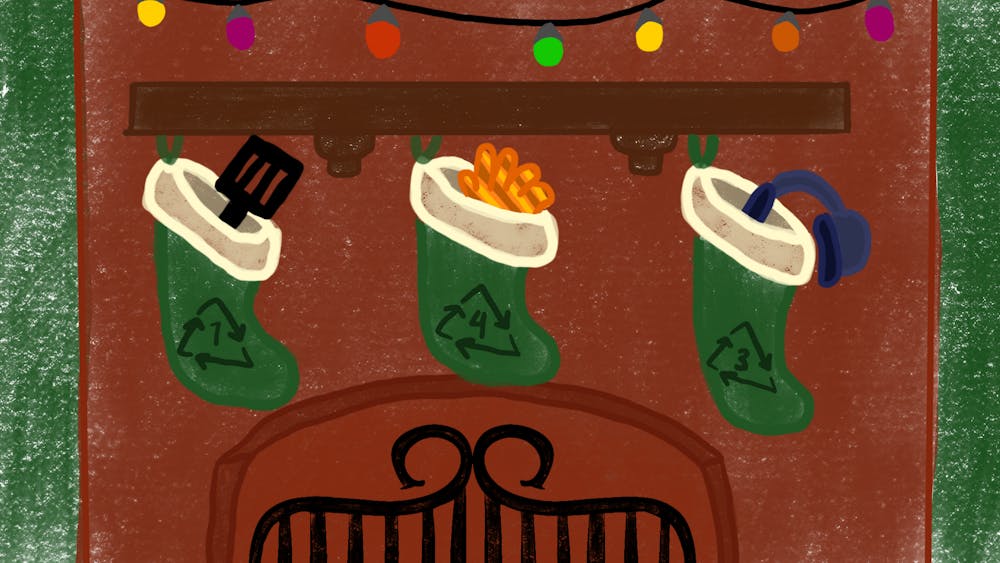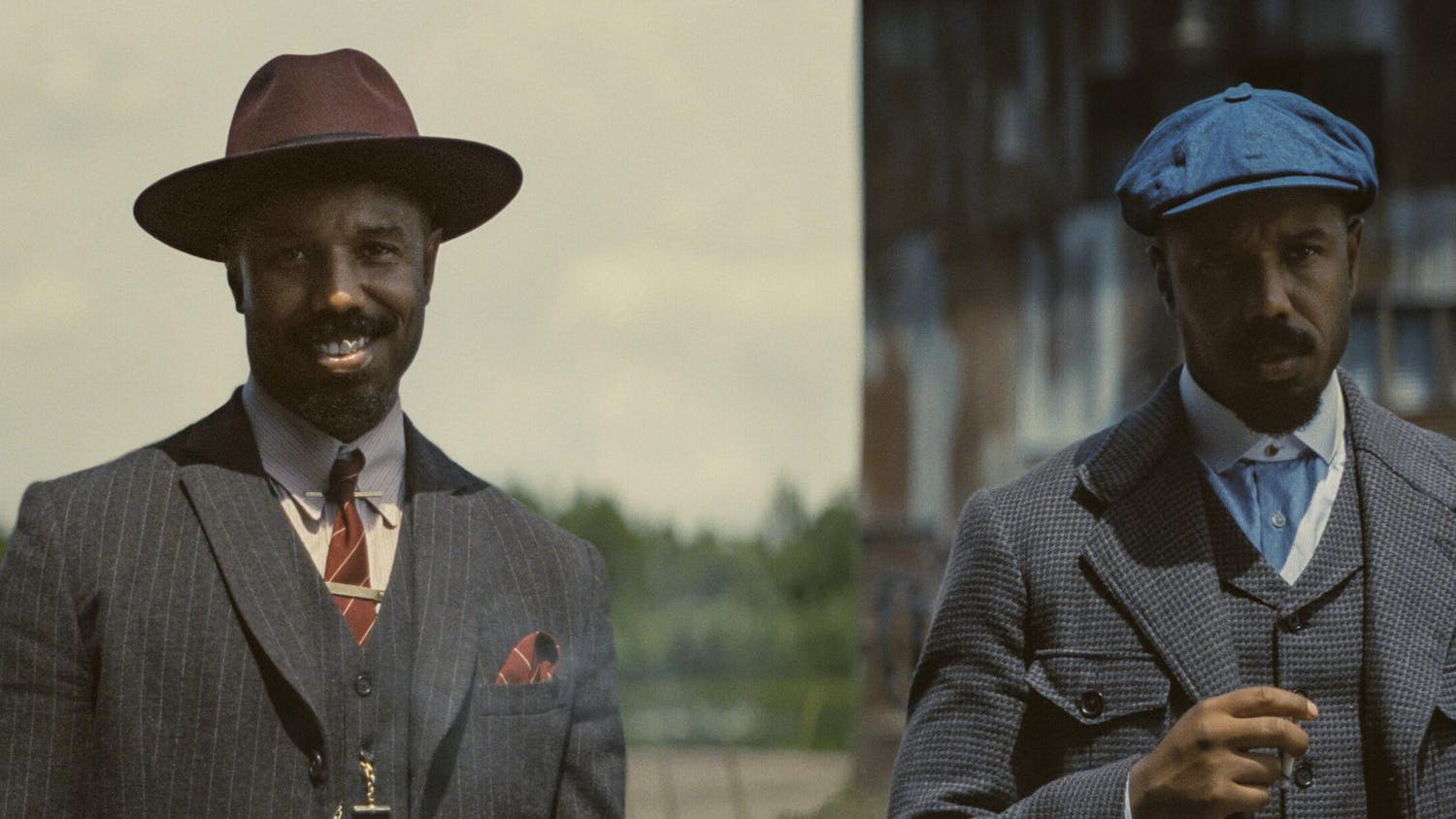I stumbled across an article on Time called “It’s Better to be Single on Valentine’s Day.”
And while I have a rough idea of what it’s trying to say, I’m not quite sure what that means. I mean, the use of better seems pretty vague here.
Well, Neil McArthur, the writer of the article certainly drives home his point. He approaches the topic from an economic perspective. From this perspective, he considers the value of Valentine’s Day to lie in how people get to find out their partner’s commitment level.
This essentially forces people to spend money and time simply to convey that they’re committed. With these underlying concepts in mind, he then sets up a Prisoner’s Dilemma-like model to analyze the gift-giving scenario on Valentine’s Day.
According to McArthur, Valentine’s Day is a game where each party gets to choose between either buying a gift or doing nothing. There are three outcomes to this game: both sides buy gifts, one side buys gifts and neither side buys gifts.
Here, the absolute worst outcome is when one side buys a gift and the other side does not because it would risk a relationship. The second worst outcome is where both sides buy gifts, considering that the gifts are often expensive and impractical. This makes ignoring the holiday the best outcome.
However, people won’t go for this best outcome because there is too much pressure to conform. And so, people have to settle for the second-worst outcome of both buying gifts. The price of the gifts however, led to only less-than-optimal outcomes, which simply makes it better to stay single on Valentine’s Day.
I guess McArthur’s analysis of Valentine’s Day is very intelligent in its own way. It generates a precise picture of the pressures of gift-giving and the risks associated.
But excuse me for being naïve when I say relationships can’t be bought. Nor can levels of commitment or affection. McArthur sees Valentine’s Day as a game to begin with — a game of testing one’s commitment level, to which spending is a necessity. That’s his biggest mistake.
According to his analysis, the use of “better” in the phrase “it’s better to stay single,” is meant in purely financial terms. Better as in more cost-efficient. But sadly, we don’t measure relationships or their value in terms of monetary cost-efficiency.





